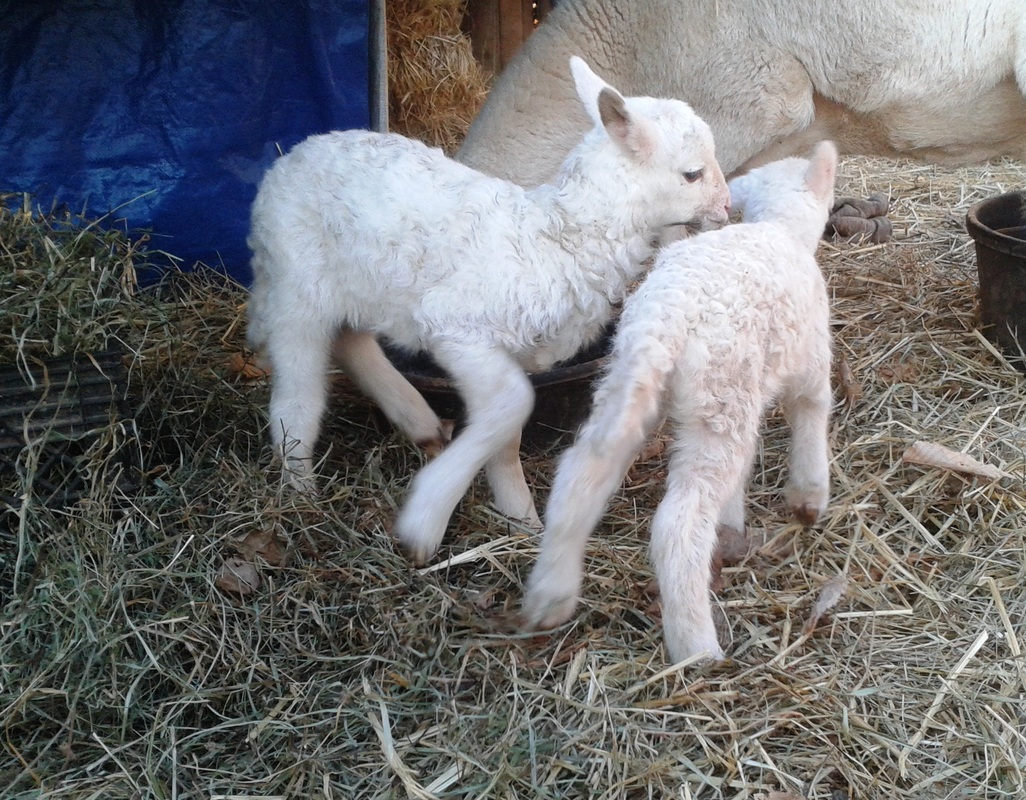The "fainting sheep video" has taken the internet by storm, capturing the attention of millions worldwide. This unique and intriguing phenomenon showcases sheep exhibiting a peculiar behavior that leaves viewers in awe. Whether you're a curious animal enthusiast or simply fascinated by viral trends, this article will provide a deep dive into the world of fainting sheep.
While the concept of fainting sheep may seem unusual, it has sparked widespread interest due to its entertaining and educational aspects. This article aims to explore the science behind fainting sheep, their behavior, and the reasons behind their popularity online. By the end, you'll have a clearer understanding of why these videos have become such a sensation.
Join us as we delve into the fascinating world of fainting sheep, uncovering the truth behind their behavior, the science behind it, and why these videos continue to captivate audiences across the globe. Let's get started!
Read also:Chefs Choice Wholesale Your Ultimate Partner In The Culinary Industry
Table of Contents
- What Are Fainting Sheep?
- Biology of Fainting Sheep
- Why Do Sheep Faint?
- History of Fainting Sheep Video
- Types of Fainting Sheep
- Popular Fainting Sheep Videos
- The Science Behind Fainting
- Fainting Sheep as Pets
- Ethical Considerations
- Future of Fainting Sheep Videos
What Are Fainting Sheep?
Fainting sheep, also known as myotonic sheep, are a breed of domestic sheep that exhibit a unique characteristic: they "faint" when startled. This behavior is not an actual faint but rather a temporary muscle stiffness caused by a genetic condition called myotonia congenita. This condition affects their muscles, causing them to stiffen up momentarily when they are surprised or scared.
Myotonic sheep are native to the United States and are primarily found in rural areas. Their unusual behavior has made them a favorite subject for viral videos, capturing the attention of millions on social media platforms like YouTube and TikTok.
Characteristics of Fainting Sheep
- Temporary muscle stiffness when startled
- Distinctive behavior that appears as "fainting"
- Generally docile and easy to care for
Biology of Fainting Sheep
The biology of fainting sheep revolves around the genetic condition myotonia congenita. This condition is inherited and affects the muscles' ability to relax quickly after contraction. When a fainting sheep is startled, its muscles contract and remain stiff for a few seconds, causing it to fall over or appear as if it has fainted.
This condition does not harm the sheep and is considered a natural trait of the breed. In fact, myotonic sheep are known for their resilience and adaptability to various environments.
How Myotonia Congenita Works
Myotonia congenita is a genetic disorder that affects the ion channels in muscle cells. When these channels do not function properly, the muscles remain contracted for a longer period than normal. This results in the characteristic stiffness observed in fainting sheep.
Why Do Sheep Faint?
Sheep do not actually faint in the traditional sense. Instead, they experience a temporary muscle stiffness due to myotonia congenita. This condition is triggered by sudden movements, loud noises, or any event that startles the sheep. The stiffness lasts only a few seconds, after which the sheep regain their normal mobility.
Read also:Hdhub4u Movie Bollywood In Hindi Your Ultimate Guide To Hindi Films
This behavior serves as a natural defense mechanism, as predators may perceive the stiffened sheep as injured or less threatening. While this adaptation may not always deter predators, it has become a fascinating trait that has captured the interest of animal enthusiasts worldwide.
History of Fainting Sheep Video
The first fainting sheep videos appeared online in the early 2000s, quickly gaining popularity due to their humorous and endearing nature. Platforms like YouTube played a significant role in spreading these videos, allowing millions of viewers to witness the unique behavior of myotonic sheep.
Over the years, the popularity of fainting sheep videos has continued to grow, with new content creators sharing their experiences with these fascinating animals. The videos often showcase the sheep reacting to various stimuli, such as sudden movements or sounds, leading to their characteristic "fainting" behavior.
Key Moments in Fainting Sheep Video History
- 2005: First fainting sheep video goes viral on YouTube
- 2010: Increased interest in myotonic sheep as pets
- 2020: TikTok becomes a popular platform for sharing fainting sheep content
Types of Fainting Sheep
While all fainting sheep share the characteristic of myotonia congenita, there are variations within the breed. These differences can be observed in their size, color, and temperament. Below are some of the most common types of fainting sheep:
1. Tennessee Fainting Sheep
Originating from Tennessee, this type of myotonic sheep is known for its robust build and resilience. Tennessee fainting sheep are often raised for their meat and wool, as well as for their unique behavior.
2. Miniature Fainting Sheep
As the name suggests, miniature fainting sheep are smaller in size compared to their standard counterparts. They are often kept as pets due to their manageable size and gentle nature.
Popular Fainting Sheep Videos
Several fainting sheep videos have garnered millions of views and likes on social media platforms. Below are some of the most popular videos that have contributed to the phenomenon:
- "Sheep Gets Scared and Faints": This video showcases a sheep reacting to a sudden movement, capturing the attention of viewers worldwide.
- "Fainting Sheep Compilation": A collection of various fainting sheep moments, this video highlights the diversity of situations that can trigger their behavior.
- "Meet My Pet Fainting Sheep": This video provides a personal perspective on raising myotonic sheep as pets, offering insights into their care and behavior.
The Science Behind Fainting
The science behind fainting sheep revolves around the genetic condition myotonia congenita. This condition affects the ion channels in muscle cells, causing them to remain contracted for a longer period than normal. The temporary stiffness observed in fainting sheep is a result of this malfunction.
Research into myotonia congenita has provided valuable insights into muscle physiology and genetics. Studies have shown that this condition is inherited in an autosomal dominant pattern, meaning that only one copy of the mutated gene is required for the trait to manifest.
Key Findings in Myotonia Congenita Research
- Myotonia congenita affects ion channels in muscle cells
- The condition is inherited in an autosomal dominant pattern
- Research into myotonia congenita has contributed to our understanding of muscle physiology
Fainting Sheep as Pets
Due to their unique behavior and docile nature, fainting sheep have become increasingly popular as pets. Many people find joy in raising these animals, appreciating their quirky traits and gentle demeanor. However, owning a fainting sheep requires careful consideration, as they have specific needs that must be met.
Potential pet owners should ensure they have adequate space, proper fencing, and access to veterinary care for their fainting sheep. Additionally, understanding the dietary and health requirements of myotonic sheep is essential for their well-being.
Tips for Raising Fainting Sheep as Pets
- Provide ample space for grazing and exercise
- Ensure proper fencing to keep predators out
- Consult with a veterinarian experienced in sheep care
Ethical Considerations
While fainting sheep videos have brought joy to millions, it is important to consider the ethical implications of sharing such content. Ensuring the welfare of the animals involved is paramount, and creators should prioritize the well-being of the sheep over entertainment value.
Responsible content creators should avoid situations that may cause unnecessary stress or harm to the animals. Additionally, viewers should be mindful of the origins of the videos they watch and support creators who prioritize animal welfare.
Future of Fainting Sheep Videos
The future of fainting sheep videos looks promising, with new platforms and technologies emerging to support content creation. As social media continues to evolve, the popularity of animal-related content is likely to grow, providing opportunities for creators to share their experiences with a wider audience.
Advancements in research and technology may also lead to a deeper understanding of myotonia congenita, offering new insights into the behavior and care of fainting sheep. This knowledge can help improve the lives of these animals and enhance our appreciation of their unique traits.
Emerging Trends in Fainting Sheep Content
- Increased focus on animal welfare and ethical considerations
- Integration of augmented reality and virtual reality in content creation
- Collaborations between content creators and animal experts
Conclusion
The phenomenon of fainting sheep videos has captivated audiences worldwide, offering a glimpse into the fascinating world of myotonic sheep. Through this article, we have explored the science behind their behavior, the history of their popularity, and the ethical considerations surrounding their portrayal online.
As we continue to learn more about fainting sheep, it is essential to prioritize their well-being and appreciate the unique traits that make them such a beloved subject of viral content. We invite you to share your thoughts and experiences in the comments below and explore other articles on our site for more insights into the animal kingdom.
Thank you for reading, and don't forget to share this article with your friends and family!


